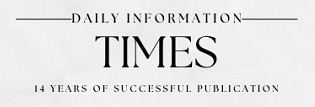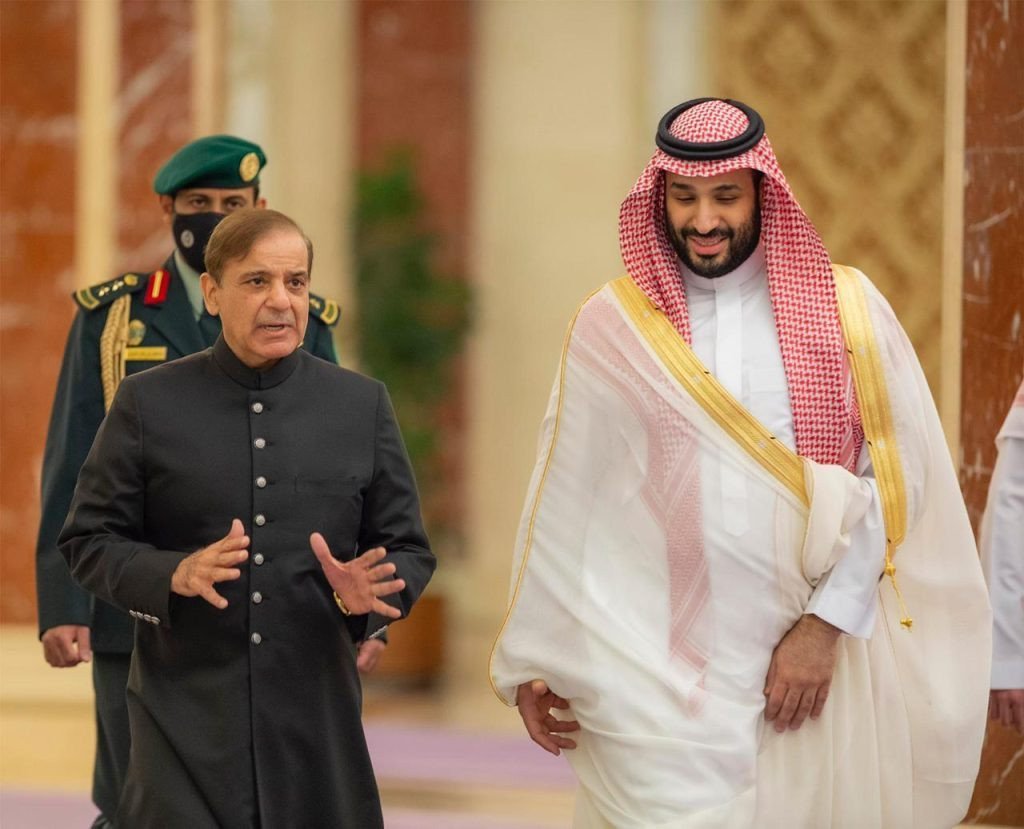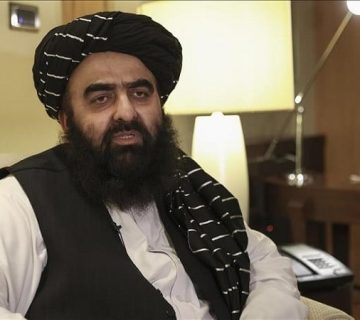Riyadh has locked horns with Washington over cut in oil supply in international market
The United States, however, strongly reacted to the OPEC + decision with President Joe Biden announcing a review of bilateral ties with Saudi Arabia. Biden visited Saudi Arabia in July to meet leaders of oil rich Gulf countries including Saudi de facto ruler Muhammad bin Salman as part of his efforts to push for increase in oil supplies. He met MBS despite promising in the election campaign to make him a pariah because of his alleged role in the murder of a Saudi American journalist.
The Ukraine conflict has disrupted the supply chain and led to the increase in crude oil prices, something that also affected the Americans with a hike in petrol prices.
Biden wanted Saudi Arabia to increase the oil supply in order to lower the prices at home ahead of the crucial midterm elections. The Saudi crown prince instead backed a move to cut oil supplies.
Western commentators believe that Saudi Arabia clearly sided with Russia as increase in oil prices would only benefit Russian President Vladimir Putin.
Interestingly, Pakistan was too hoping for decrease in the international crude oil prices because that would have given the beleaguered government some cushion to provide relief to the inflation-hit people.
But despite the OPEC + decision that would create more problems for the struggling Pakistan economy, Islamabad decided to back Riyadh.
“In the wake of statements made against the Kingdom in the context of the OPEC + decision, Pakistan expresses solidarity with the leadership of the Kingdom of Saudi Arabia,” a statement issued here by the foreign office read.
“We appreciate the concerns of the Kingdom of Saudi Arabia for avoiding market volatility and ensuring global economic stability,” it added.
“Pakistan encourages a constructive approach on such issues based on engagement and mutual respect. We reaffirm our long-standing, abiding and fraternal ties with the Kingdom of Saudi Arabia,” the foreign office further said.
Pakistan’s move to side with Saudi Arabia comes at a time when President Biden’s statement questioning the security of the country’s nuclear program triggered a diplomatic row.
Islamabad rejected Biden’s concerns and even summoned the US Ambassador to record a formal protest. After Pakistan’s strong reaction, the Biden Administration has tried to control damage as the State Department spokesperson said the US was confident of Pakistan’s ability to secure its nuclear programme.
The statement was seen as somewhat diplomatic success for the government, which came under severe criticism from former prime minister Imran Khan. The PTI chairman said Biden’s statement only exposed claims of the PDM government of resetting troubled ties with the US.
There has been a flurry of engagements between Pakistan and the US following the change of government in April. Foreign Minister Bilawal Bhutto Zardari, Army Chief General Qamar Javed Bajwa and Finance Minister Ishaq Dar visited Washington.
While the aim of those visits was to reset ties with the US, Pakistan is not willing to compromise on its core interests. This was reflected in the UN General Assembly session where Pakistan maintained its neutral stance on the Russia-Ukraine conflict despite pressure by the west to vote against Moscow.
The latest move to support Saudi Arabia in the face of its tense ties with the US is another example of Pakistan’s push for not toeing Washington’s line.




No comment